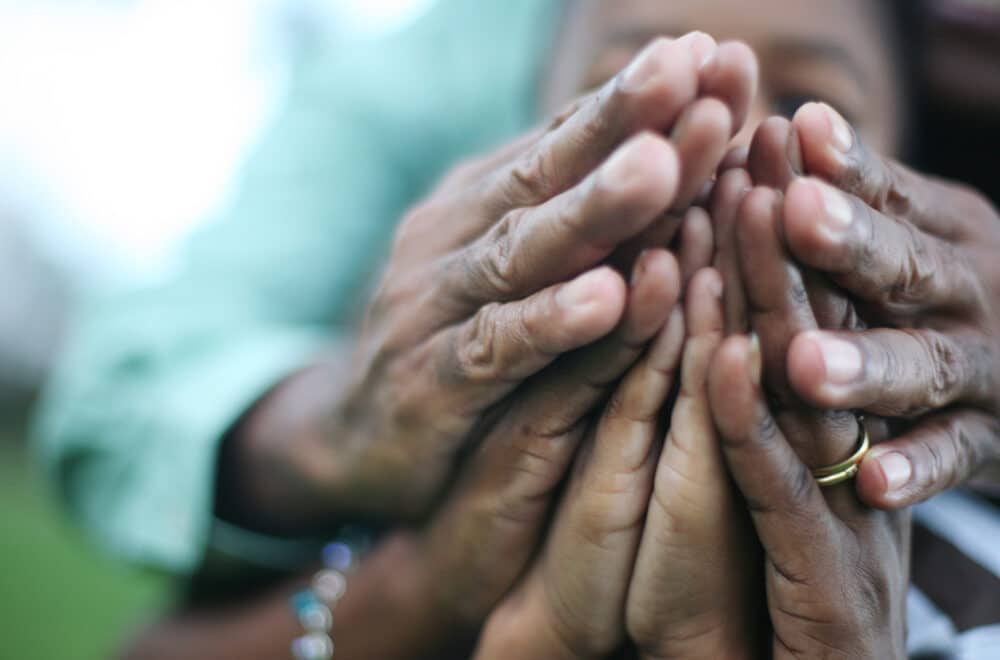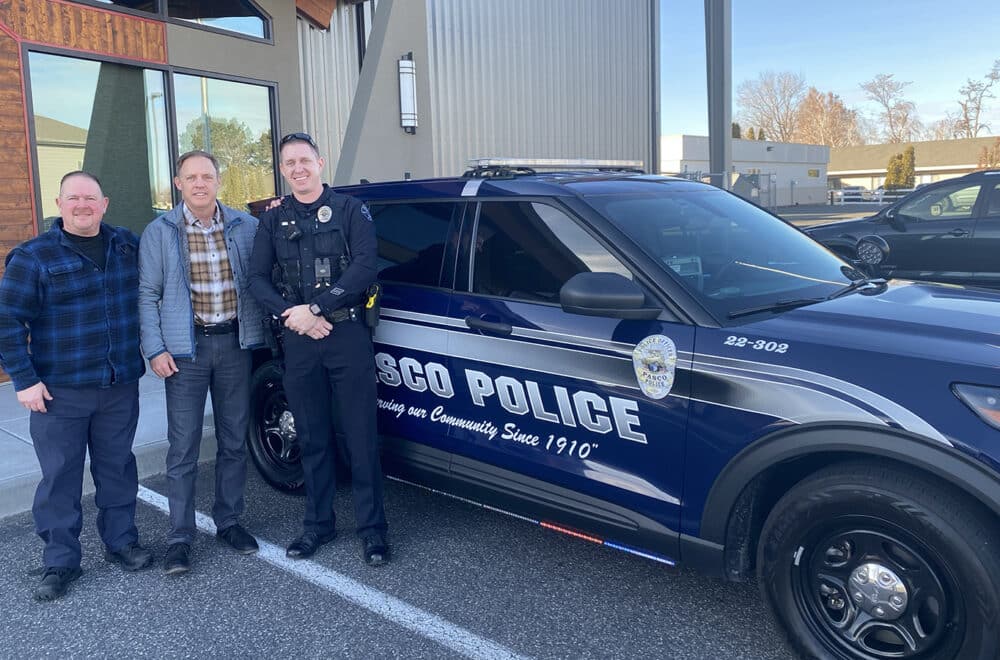Whole and Holy—Living the Gospel in whole-life community
So, affectionately longing for you, we were well pleased to impart to you not only the gospel of God, but also our own lives, because you had become dear to us.
—1 Thessalonians 2:8 NKJV
When Matt and Bev Hale moved to Detroit in 2003 to start a holistic urban ministry, everything rested on humility.
“I would call our first few years more unlearning than learning,” Matt says. “I didn’t realize how much I had taken certain aspects of my own culture to be part of the Gospel.”
The Hales’ ministry centers around a community God built from the humble ground up. As the Hales and the other residents live together in formerly foreclosed homes they’ve restored, sharing the everyday—meals, gardening, studying the Word, worshipping, discussing faith, and sharing struggles—Matt sees family being born. What started with Matt and Bev and one house grew to four houses and 23 diverse people living in intentional community at the center of one of the most racially divided cities in America.
Road to Reconciliation
“For Detroit, our community is a unique thing,” Matt says. “There are few places you can go in Detroit that are not all black or all white. There is deep racial division in the metro area, and you feel it.”
You can feel it at the old six-foot concrete wall separating the old black and white neighborhoods. After seven decades, it still stands.
“Ephesians 2:14 says, ‘For he himself is our peace, who has made the two groups one and has destroyed the barrier, the dividing wall of hostility,” Matt says. “Jesus is central to reconciliation in any form. He destroys the dividing wall.”
Matt and Bev want their living community to be a picture of Christ-broken barriers.
Meeting Needs, Healing Hearts
Sometimes, the struggles are more than they can handle. That’s where God always provides. One of the Hales’ most valuable partners, Central Detroit Christian Community Development Corporation, has been ministering in Detroit for more than 20 years. Many of the Hales’ community’s residents work or volunteer for the corporation, providing job training, housing, youth programs, and food and gardening programs to Detroit’s urban poor.
“We realized our strength was in relationships, and not necessarily in programs,” Matt says. “But we also realized those programs were really necessary for our community. It’s hard to sit in somebody’s house and share the Gospel when their lights are cut off and there’s no food in the fridge. The Gospel is true, and it’s the way to the Kingdom, but you can’t skip over those felt needs.”
More than Housemates, More than a House
When community resident ShaCha graduated from college, she chose to stay in her native Detroit. By joining the Hales’ community, ShaCha not only met her soon-to-be husband, she found an entire extended family.
“This community has loved me, rebuked me, served me, healed me, and walked beside me,” ShaCha says. “In this individualistic, shallow society, our dedication and love for one another often draws people craving something deeper.” Today, ShaCha runs a leadership program in public schools as well as a racial reconciliation consultation company.
Another community member, Nate, also sees this intentional community as a change-agent in his life.
“Healthy Christian community is a reflection of God’s grace,” Nate says. “The Lord walks with us and loves us in spite of our sin. That same spirit is needed in community to continue to love one another when our faults are evident.”
Community member Kori sees the group as a revelation of God’s handprints in all of life.
“Life with other people will feel awkward, aimless or mundane at times,” Kori says. “I am starting to see God in all of that. God is working everywhere, in everything and in everyone. He is showing himself as much in the process as in the arriving.”
A Very Old New Thing
Matt is careful to stress that community has deeper roots than any modern-day ministry. “Living in fellowship is nothing new,” Matt says. “It’s not a hip fad. It’s the oldest way people lived in Christianity.”
But today, perhaps more than any other time in human history, community attracts. Many are tired of culture’s false connectedness and self-focus, Matt says.
“People in poor communities seem more aware that they need each other for survival,” Matt says, “that they need God for survival. Wealth gives us this illusion that we are not in need.”
Teachable Transformation
Before anyone runs to buy a foreclosed duplex in Detroit and start an urban ministry of their own, Matt encourages teachability and caution.
“More often than not, I’d advise people to rethink starting a ministry in a diverse, urban area at all,” Matt says. “Instead, I’d say go and be a learner in that environment for a long while before deciding to start anything. Find natural points of connection—through a part-time job, a passion or hobby, or volunteering. Find existing ministries for mentoring. Work at forming genuine relationships first, and let ministry flow out of those.”
When God builds ministries on foundations of genuine relationship, “thy Kingdom come” takes on invigorating meaning.
“Holistic ministry, with a heart for justice and societal transformation, is at the core of our Navigator Calling because it’s at the core of the Gospel,” Matt says. “How many of our Navigator promises and key passages are pulled from those amazing chapters in the last third of Isaiah? What do you find alongside those promises? God’s overwhelming desire for a just Kingdom. If our Calling is ‘To advance the Gospel of Jesus and His Kingdom . . . ,’ this is the kind of Kingdom we’re working toward.”




By commenting, you agree to our Code of Conduct.